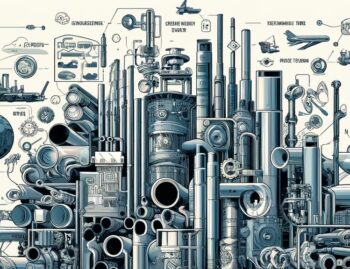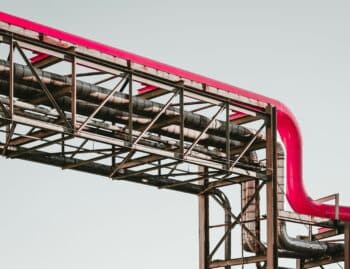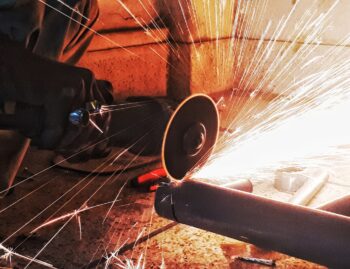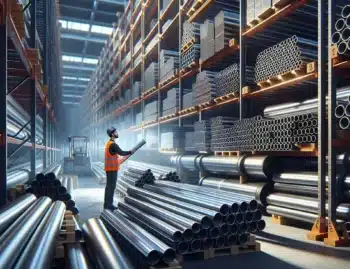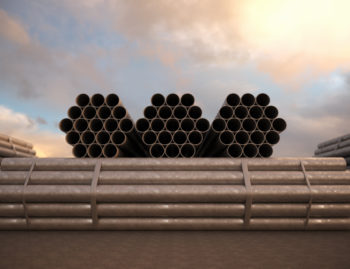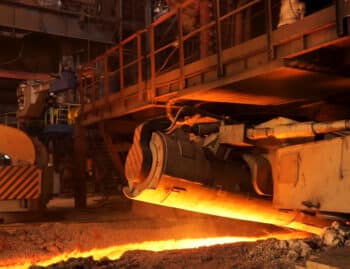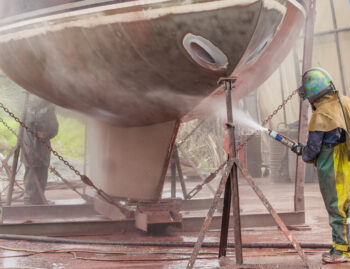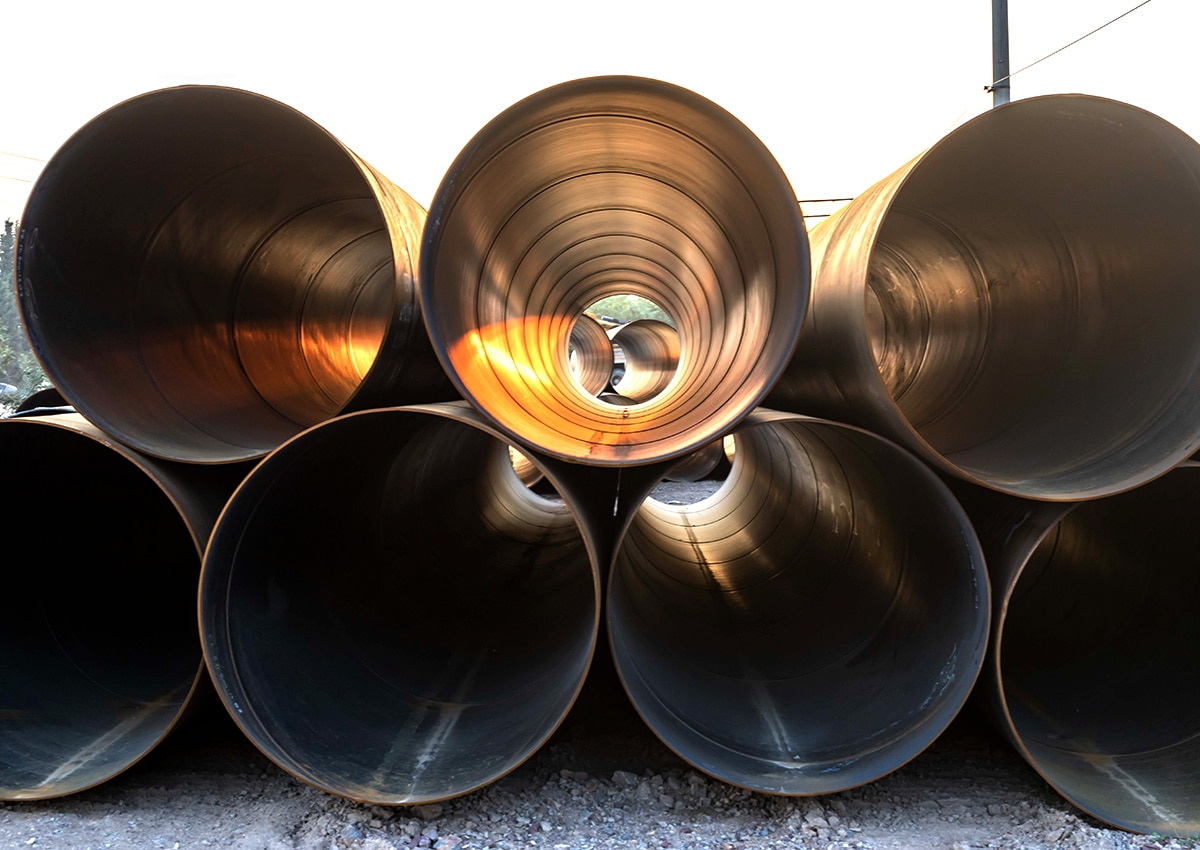
Galvanized Steel
Sheets of steel are galvanized by dipping them into a zinc bath to prevent rust as well as providing a harder surface. Galvanized steel is often used in applications that require bending to form, such as buckets or tubs, but it’s difficult to weld or work with in other ways. Galvanized steel is on the low end of pricing.
Carbon Steel
Low carbon steel, which is created by mixing iron with carbon, makes iron stronger but more brittle. As the carbon content is increased, the product becomes stronger and harder, but more difficult to weld and manipulate with heat. A medium carbon product is easy to cut and form by machine. They’re still fairly inexpensive to produce and to buy. Medium carbon steels are used to make rails, axles and pipelines, among other things.
High carbon steel is more difficult to weld because of alloys which increase its strength also makes it harden quickly in a flame. This property makes it ideal for such various purposes as load bearing springs, cutting edges and wires that must be very strong.
Ultrahigh-carbon steel is very brittle and cannot be worked without heat. Special uses for this steel include cutting tools and blades. Because of its high carbon content up to 2.0%, ultrahigh carbon steels are extremely well suited for quality knife blades and other cutting tools.
Stainless Steel
The third separate class of steel is very well known for many applications and has made its way into kitchen appliances as well as precision equipment. It is stainless steel and will not rust in itself. It’s made by adding more alloys, but the most important one is chromium.
Like other steel types, stainless steel comes in several grades or types, from austenitic to ferritic to duplex, which is a combination of the former two. Properties of each type is determined by the alloys used, with the base being iron. Chromium, silicon, manganese, nickel, nitrogen and carbon are generally added in controlled amounts to develop the right strength, ductibility and hardness.
Since stainless steel does not absorb anything, including odors, stains or bacteria, it’s an excellent choice for medical equipment and is a requirement for commercial food handling operations.
—
Federal Steel Supply is your number one choice for carbon steel pipe.


